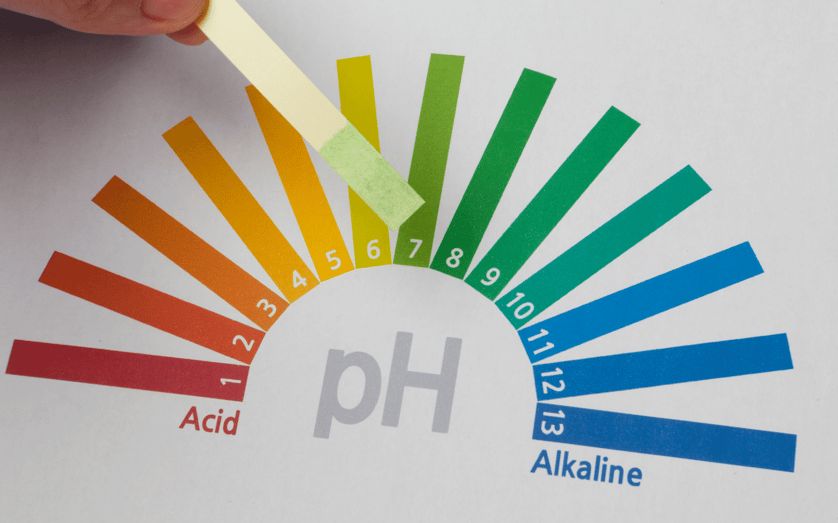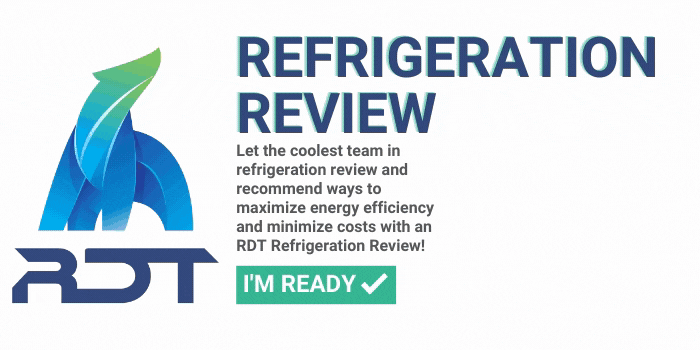
When's the last time you checked the pH level of your pool? Easy question if you own one. Now when's the last time you checked the pH levels of your refrigerated items? Now that one could leave a few folks scratching their heads.
We've previously written about all the specialized refrigeration rooms and projects that we've helped operators come to life. We've also spoken about how some professions require a specific humidity inside their refrigeration system in order to keep their specific product viable. And while certain materials require specific refrigeration needs to maintain quality or freshness, did you know storing items can corrode your refrigeration system due to low pH?
What is pH and how is it measured?
Unless you happen to have a backyard swimming pool, you may live your entire life not knowing about pH and the important role that it plays. pH is simply the "potential of hydrogen" that can be measured on a scale within a liquid. H stands for hydrogen, and if it has a higher (or more powerfully measurable) hydrogen property, it's more acidic. If it has a lower hydrogen level, the pH value is higher and is considered basic, or alkaline. The scale ranges from 0-14, with 7.0 known to most as "neutral."
Fun fact: did you know that the human tear contains the perfect pH level? It ranges for each person between 7- 7.4. If you're speaking in a general "drinking water" range, that's typically the desired pH level for water meant to consume through a city filtration system, or even a pool to swim in. Your stomach acid, on the other hand - is very acidic and ranges from 1.5-2.5 on the scale.
Now that we have all that out of the way, let's talk about how pH affects the contents of what's stored in a typical refrigeration unit.
Why does pH matter in refrigeration?
The more acidic something is, the more corrosive it can be. In climates where salt is used to melt road ice, vehicles rust quicker. Acidic foods and contents can run the same risk for refrigeration units.
If you need a refrigeration unit to store tomato sauces or salad dressings (which typically have around a 3-3.5 level pH) you will need to make sure that your evaporator is coated to protect all the aluminum surfaces, or that the fin surfaces are made of a non-corrosive material such as copper.
Fun fact: Did you know that we once designed an entire refrigeration room to house ladybugs? When ladybugs are stored at a certain temp, hibernation is triggered, and they emit a chemical pheromone intended to attract other ladybugs. While beneficial to building a swarm, the chemical can be caustic to the aluminum fin surfaces of evaporator coils. Therefore, measures were taken to make sure our evaporators were coated.
Would you like to connect with someone from RDT to talk about your specific needs? Receive our free Refrigeration Review to learn more!




